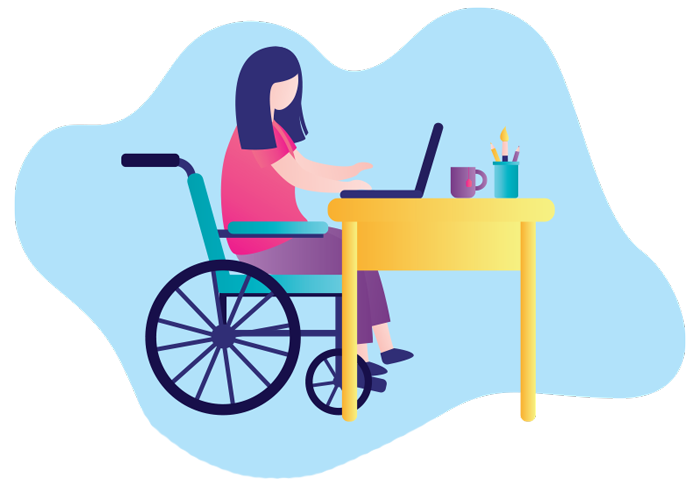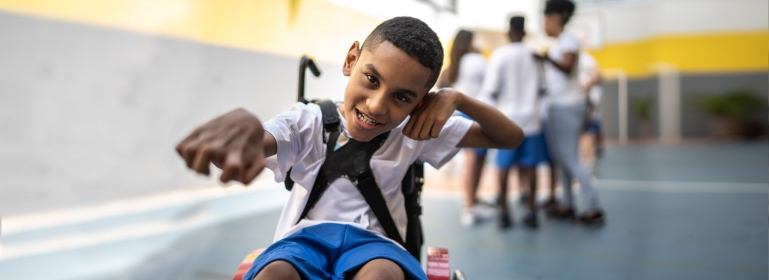2021 Annual Report - Education

2021 Annual Report - Education
Special Education
Hundreds of parents reached out to DRC for support. We took on advocacy efforts, education, and counseling so families understand their children’s rights, how to get help, and ensure students with disabilities receive education opportunities and the programs and services to which they are entitled to.
California Agrees to End Discrimination against Disabled Students and Provide Equal Access to Virtual Learning

One direct advocacy case resulted in favor of students with disabilities. As part of a legal settlement with disability advocates, the Governor’s office agreed to support new legislative amendments to ensure that special education students have equal access to their education through virtual learning. Last year, many students were denied virtual instruction through Independent Study, solely because of their disabilities. If approved by the Legislature, the new protections will go into effect for the 2022-23 school year, ensuring that special education students can qualify for virtual instruction in the future if new COVID-19 variants emerge.
The settlement is the result of a civil rights lawsuit filed last year by three special education students, Disability Rights Education & Defense Fund (DREDF) and The Arc of California. The families and organizations are represented by Disability Rights California (DRC), the law firm of Vanaman German LLP, and DREDF.
“When California limited access to virtual instruction last year, scores of disabled students were left with no safe access to their education, in violation of the Americans with Disabilities Act (ADA). The federal court recognized this when it issued an emergency order last winter, restoring distance learning for these students,” said Melinda Bird, Senior Litigation Counsel for DRC, who argued the case in court.
Background on the Case
In July of 2021, the California Legislature passed a law, Assembly Bill (AB) 130, that made Independent Study the only way for students to attend school virtually for the 2021-22 school year. Under the new provisions, parents could enroll their children in Independent Study if in-person classes put their health at risk. But the design of Independent Study left out many special education students, especially those with intellectual and developmental disabilities such as autism and Down syndrome. Many were denied because they need adult assistance to learn and cannot work on their own. Others were denied because they attended non-public schools, or because they studied on an alternative curriculum.
As a result, parents of many special education students kept their children home to protect their safety, facing truancy notices and the loss of public benefits. Many disabled students were out of school for months as a result.
Dr. Alice Kuo, Chief of Pediatrics at UCLA Medical Center, was an expert for the Plaintiffs. She explained that because students with disabilities are at far greater risk from COVID-19, “Parents are justified in taking strong steps to protect their children, including requesting virtual instruction.”
On November 4, 2021, a federal judge issued an emergency order that the State of California continue distance learning for an initial group of 15 students and provide access to virtual distance learning to disabled students who were at heightened risk from COVID-19 and could not safely attend in person. These students were denied Independent Study because of their disabilities, although it was their only option for virtual instruction. On February 28, 2022, the judge expanded her earlier order by issuing a statewide preliminary injunction against the implementation of the discriminatory aspects of the Independent Study statute, leading to the discussions that resulted in this settlement.








